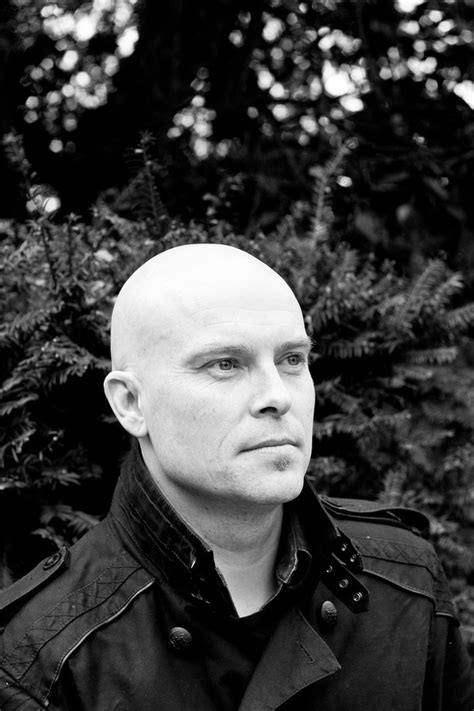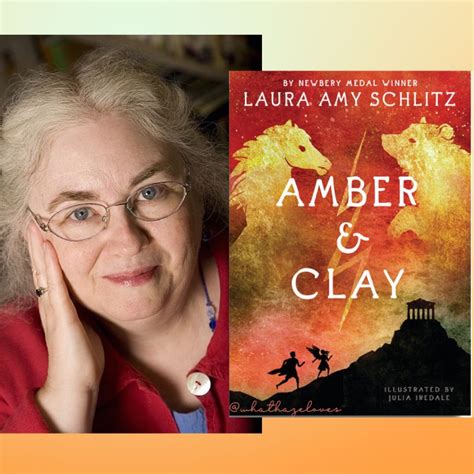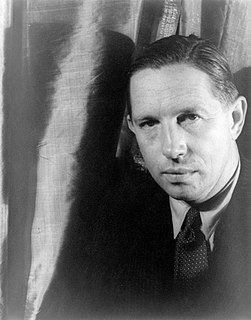A Quote by Adam Nevill
Folklore and mythology, as well as man's catastrophic disregard for nature, are the meat of Joseph D'Lacey's horror. But the prime cuts are always compassion and surprise.
Related Quotes
If we can’t puncture some of the mythology around austerity, politics or tax cuts or the mythology that’s been built up around the Reagan revolution, where somehow people genuinely think that he slashed government and slashed the deficit and that the recovery was because of all these massive tax cuts, as opposed to a shift in interest-rate policy - if we can’t describe that effectively, then we’re doomed to keep on making more and more mistakes.
Common sense is not something rigid and stationary, but is in continuous transformation, becoming enriched with scientific notions and philosophical opinions that have entered into common circulation. 'Common sense' is the folklore of philosophy and always stands midway between folklore proper (folklore as it is normally understood) and the philosophy, science, and economics of the scientists. Common sense creates the folklore of the future, a relatively rigidified phase of popular knowledge in a given time and place.
If catastrophic geology had at times pushed Nature to almost indecent extremes of haste, uniformitarian geology, on the other hand, had erred in the opposite direction, and pictured Nature when she was 'young and wantoned [sic] in her prime', as moving with the lame sedateness of advanced middle age. It became necessary, therefore, as Dr. [Samuel] Haughton expresses it, 'to hurry up the phenomena'.






































